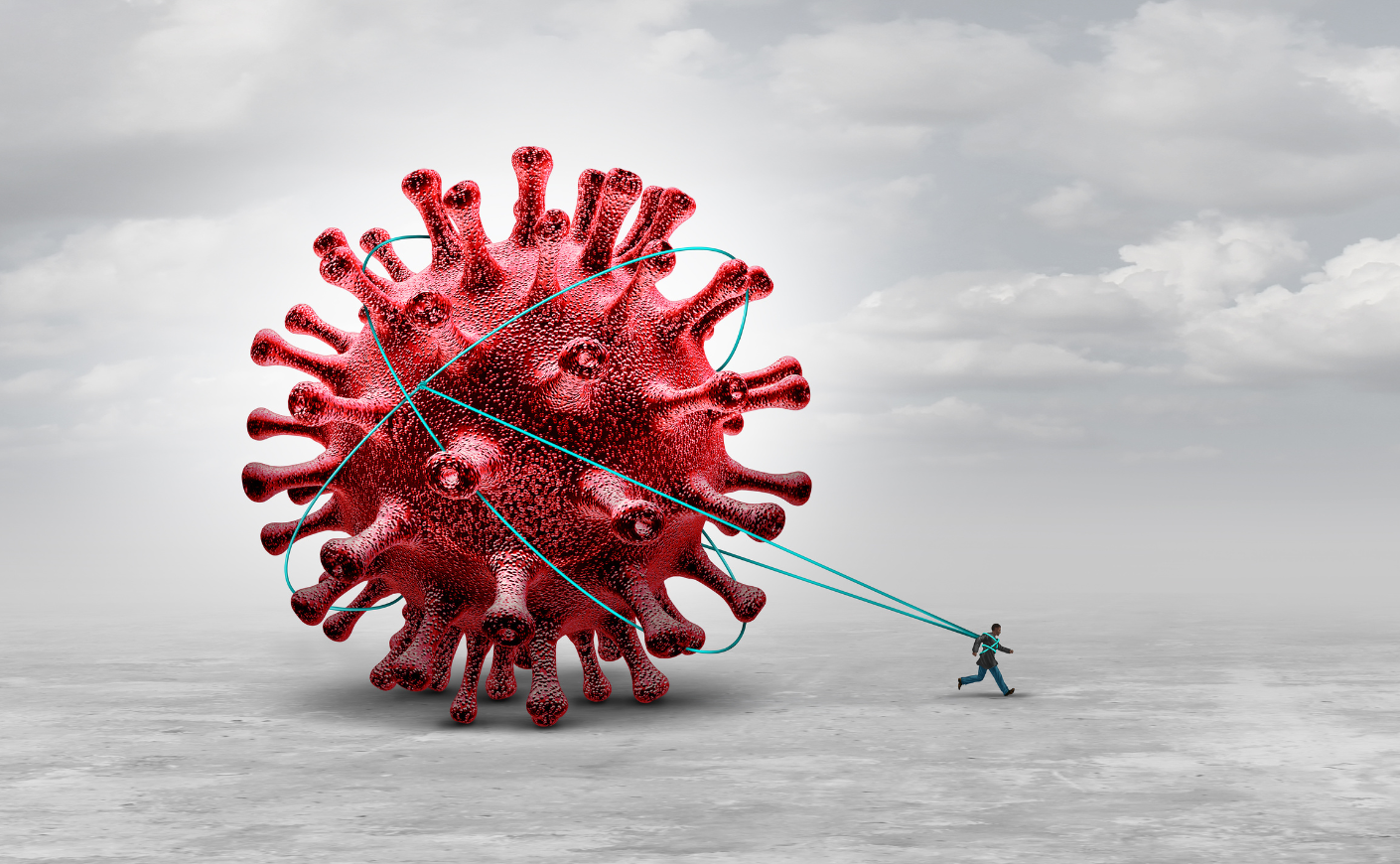Hundreds of thousands of Americans may be living with long covid, but for years now the condition has defied a strict definition, frustrating patients desperate for answers. A new study aims to change that. Researchers have finally nailed down the 12 key symptoms that best characterize the disorder, and we've got a breakdown of what you should be on the lookout for.
How is long covid being defined?
Scientists assessed 9,764 participants — comparing the 8,646 who had been infected with the coronavirus against the 1,118 who hadn’t. They were then able to identify the 12 symptoms that appeared most commonly in those with long covid — or, as scientists call it, post-acute sequelae of Covid-19, also known as PASC.
Additionally, they’ve created a point scoring system that’s based on the likelihood that a given symptom was caused by Covid-19 or may be the result of some other illness. Someone who scores 12 points or more would meet the study’s definition of PASC. The findings were released this week in JAMA.
What are the symptoms of long covid?
The symptoms are listed below, along with the number of points researchers assigned to them:
- Loss of smell or taste: 8 points
- Post-exertional malaise (when symptoms worsen after exercise): 7 points
- Chronic cough: 4 points
- Brain fog: 3 points
- Thirst: 3 points
- Heart palpitations: 2 points
- Chest pain: 2 points
- Fatigue: 1 point
- Dizziness: 1 point
- Gastrointestinal issues: 1 point
- Issues with sexual desire or capacity: 1 point
- Abnormal movements (like tremors or rigidity): 1 point
However, experts cautioned that these symptoms are not the only ones people with long covid experience. They’re just the ones that best distinguish the condition from others. For example, lots of people with PASC have headaches or muscle aches, but because those are commonly seen in many other illnesses, they weren’t included, the Washington Post reports.
Long covid was more common before the spread of omicron
The study also concluded that long covid cases were more common before the omicron variant hit the U.S. in 2021. About 10 percent of people who signed up for the study during that omicron wave developed long covid, which is a smaller percentage than the group as a whole, USA Today reports.
It’s not clear whether that’s because omicron was a more mild variant or if it’s because so many more people were vaccinated, Dr. Horwitz told USA Today. But the study's researchers also found that those who had gotten the shot were less likely to get long covid.









